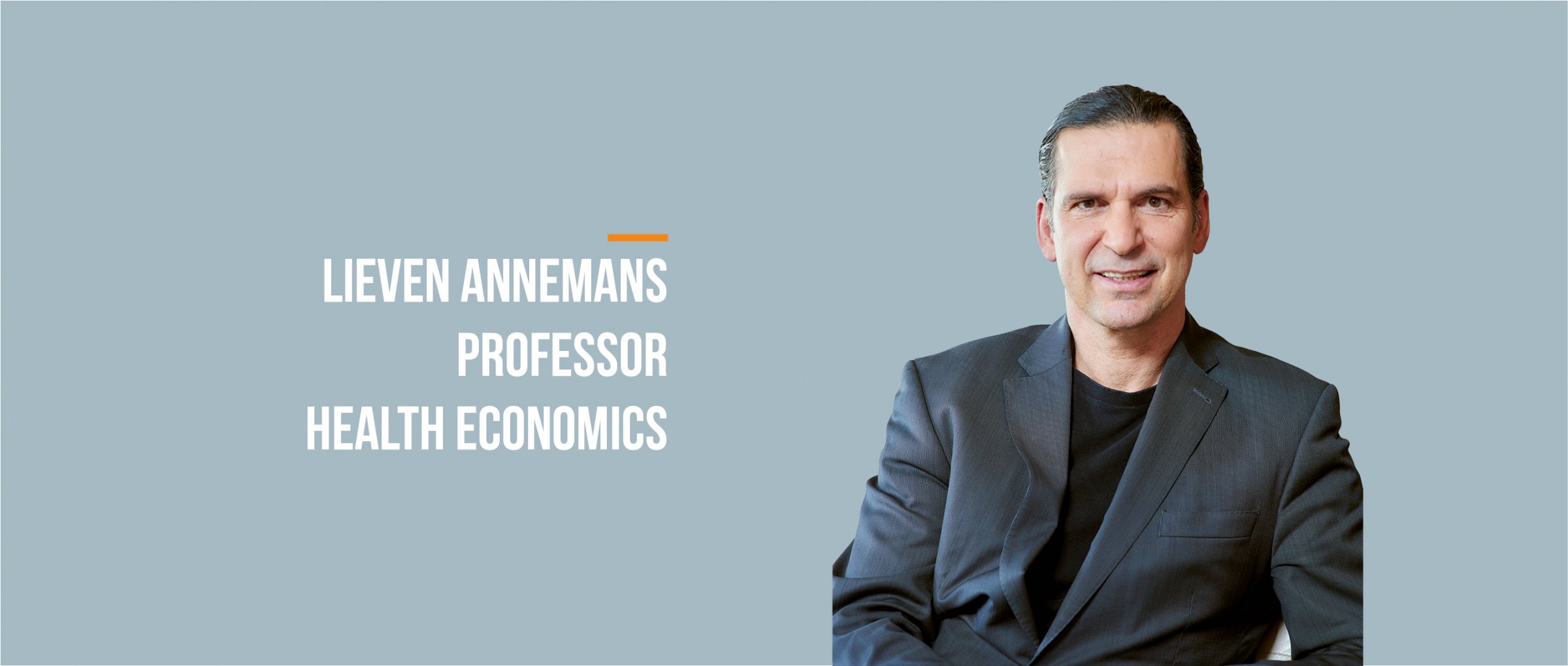What are health outcomes based agreements?
Health outcomes based agreements mean that sooner or later, the payment for the medicine will be in function of the health outcomes in the real world.
Watch this video or read further:
One of the key challenges today with the value assessments of medicines, is uncertainty. Because indeed, at the time that the new medicine approaches the healthcare market, there is still a lot of uncertainty for instance about the sustainability of the effect, the possibility of relapses, what will be the population in real life that will get the medicine. In order to deal with those uncertainties, I believe that the solution is health outcomes based agreements.
What are the two types of outcomes-based performance agreements?
And there are two types. The first one is what we call coverage upon evidence development. This means that the medicine is covered by the health insurance, but not for always. There will be some point of verification in the future. At that point of verification, the performance of the medicine in the real world will be assessed. And in function of that, the further coverage will then be decided.
The second type is called performance linked reimbursement. Also there, there will be a point of verification in the future. And if the medicine is not performing as well as promised, then the company will have to pay money back to the health insurer or to the national health service.
What are the benefits for patients and society?
Today, if you put yourself in the place of a patient, there is a lot of uncertainty about the value of new medicines. And as a result, there is a lot of discussion and delay of access. With this new concept, access can be accelerated.
For society, the biggest benefit is that we spend our money more wisely. Because, if the medicine is not performing as promised, then the payment for that medicine will be lower. And as a result, we will have more efficient spending of our healthcare money.
What are the befenefits for pharma industry?
I am convinced that the pharma industry should engage in this kinds of health outcomes based agreements. Especially those who have truly innovative medicines, will benefit from it. Because this concept is related to value based healthcare. Better value will also be better rewarded. Today we see financial agreements, where there is a discount, the same for everybody, and regardless the additional value.
What is the next step?
The next step now is clear. We have to engage in it. We have to do pilots. As they say, the proof of the pudding is in the eating. Well we have to find a coalition of the willing, as they say. Those parties that are willing to engage in that kind of contract.
It also means that you have to follow some dos and don’ts. We have published 10 guidelines about health outcomes based agreements. For instance, you have to agree on the point of verification. You have to agree at day zero what will be the implications if the medicine does not make the promises at the time of verification. There is a long list of that kind of advises. I would recommend to engage in a pilot, to follow the guidelines, and then I am convinced it will be successful.
Want to know more?
See also his video about ‘Value Informed and Affordable prices’, read the publication of Prof. Annemans and Prof. Pani ‘Dynamic outcomes based approaches to pricing and reimbursement of innovative medicines’ or get in contact with the Vintura team: Bas Amesz (bamesz@vintura.com) and Bart-Jan van Hasselt (bvanhasselt@vintura.com).



